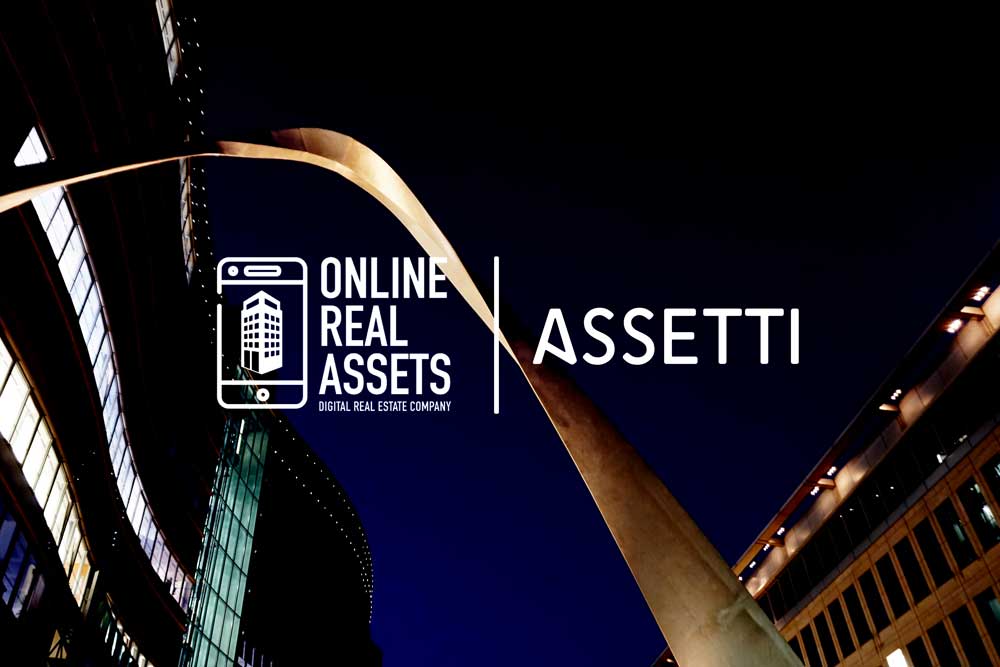As previously mentioned in “The Economist”, one of the most obvious consequences of the Covid-19 pandemic will be “the infusion of data-enabled services into ever more aspects of life.” Including of course the Real Estate as well. We expect digital transformation to be an even bigger imperative for organizations in the short-term future.
Tech to the rescue
We all know about Technology solutions for RE. PropTechs have been around for years, but 2020 meant for many a chance to shine. It started when people began working from home and companies realised the necessity of providing tools to make their teamwork. For the Real estate, this meant in terms of digitalization to move from a “nice to have” thinking towards a “must-have” understanding.
New kind of Mindset
Seeing digitalization not as a threat but more as a possibility, it needs us all to adopt. A new kind of mindset affecting working and personal lives evolved during 2020.
It is not just about identifying new technology topics that are driving change. But also about pushing your teams capabilities and confidence they need to make an impact. That includes support, training, a future-focused skill set and a now Data-Driven Business Strategy.
But what about the mindset of the people living and working in the premises you own and rent? Tenants and end-users are largely looking forward to doing more with the physical space. They are increasingly looking at innovative and personalized technology-enabled experiences or simply said better tenant experience.
Role of Tenant Experience
Today’s crisis is striking at the heart of the real estate rental income, an asset class renowned for its stable cash flows. That is why Tenant experience is a top priority, which requires companies to put tenant and end-user preferences at the center of every business decision.
Tenant engagement and providing the most convenient experience on a daily basis is more important than ever. And this importance has been growing very strongly due to the impact of COVID-19. It is about ensuring customers’ success and satisfaction. Pillars that nowadays shape the modern tenant experience are Workplace services, accessibility, entertainment & education, Food and beverage, mobility, security, sustainability and wellness. The size of the space alone – square meters or feet – is not the decisive factor alone – any more.
The goal of tenant experience technology is about connection. Connecting people to people, People to retail, people to buildings and their experiences with the properties and doing this all through technology. It means discovering and engaging with the true drivers of the asset value that you have created. Tenant experience software increases the value of your property when deployed as a part of a thoughtful strategy.
It is also about experience management. Hereby a customer-focused mindset is crucial. You need to be able to combine great service and certain physical real-world experiences at a property with the technology. It also means engagement from key stakeholders across different levels of the organization – C-level, Asset Management, Property Management, Leasing, Data management.
Data Management and Data control
Data access and analysis are expected to become more critical as data generation and leveraging data continues to rise. Rapidly changing data management technology creates cost-saving, business-expanding opportunities.
The big difference now is, tha we get more and more new data points that we can apply to the RE industry. That means moving from the idea of hindsight, to actually having the insight and by that being able to foresight.
More and more companies are leveraging technological advances in machine learning, natural language processing, and other forms of artificial intelligence to provide relevant and instant recommendations to consumers. The full embrace of artificial intelligence (AI) was on top of the agenda for many corporates. This affects not only the enhanced operational efficiency but also helps identify risks and opportunities much more quickly than current technologies and processes can.
Cybersecurity
Cybersecurity and tenant data privacy are becoming top priorities, as the commercial real estate (CRE) industry now has access to a wider variety of personal data such as user location, communication, behaviour, and sentiments, and cyber threats are increasingly real and pervasive.
Companies have already started increasing investments in data privacy. According to Forbes, the spending on Cloud Security is predicted to increase by 33% becoming a $585M market this year. Also, Security Services is forecast to drive $64.2B in worldwide revenue this year comprising 51.9% of the total market. Data Security will grow by 7.2% becoming a $2.8B market this year.
New talents in town
While real estate market changes will offer new opportunities for employees, Real Estate organizations would have to attract and retain talents using data science and analytical capabilities, as well as retool and reskill the existing pool to ensure they have the right skills. Collaborating with PropTech should help CRE organizations bridge the talent gap in the short term. Also, cooperation between PropTech companies itself will increase knowledge and will help to grow into new markets.








